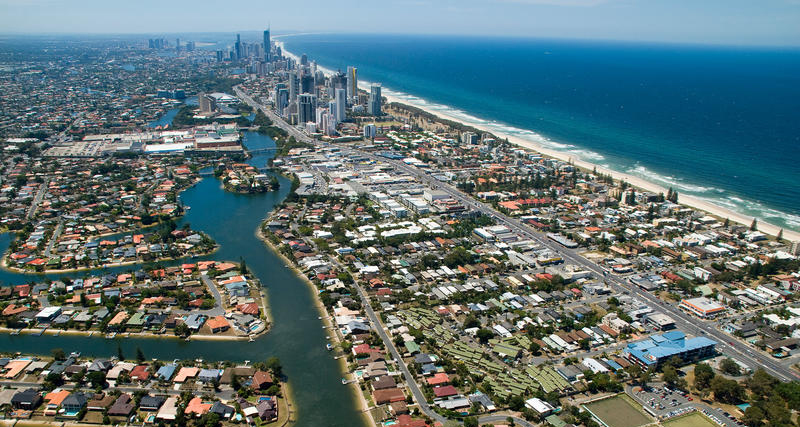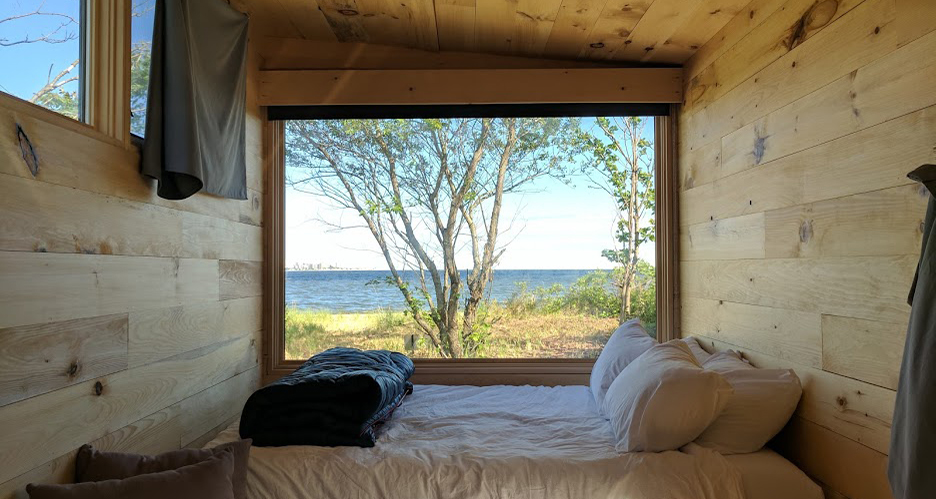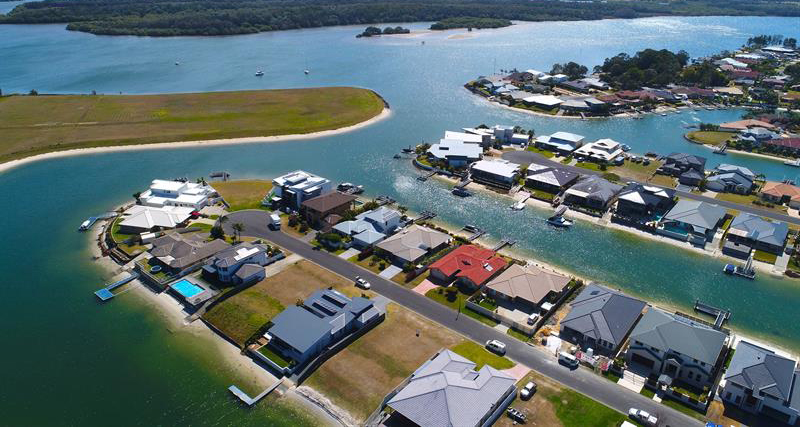What you need to know before buying a home


Tiny home vs. larger home
Unless you’ve been living under a rock, you’ve likely seen the tiny home trend is blooming big all over the internet. From granny flats to smart micro apartments, tiny homes come in a number of different configurations.
There are a number of reasons to opt for a tiny home over a traditionally-sized family home. They tend to be much cheaper and encourage you to minimise your possessions, whereas larger homes can create a sense of distance between family members and encourage you to accumulate more and more possessions.
However, be aware that a tiny home will force you to get clever with your available space. Try using bed frames with trundles and multifunctional children’s furniture like loft beds for kids, as well as attaching on-the-wall shelving instead of a bookshelf to make the most of the space you have available to you.

Pitfalls to watch out for
Don’t necessarily buy for the life you have today. Will a two storey house still be a smart choice when you’re older? Will you outgrow this home when your children grow up?
Be honest with yourself about your buying power. A loan to value ratio (LVR) between 80-90% can get you the property you’ve been eyeing, but it will also make your mortgage repayments very high.
Make sure that your repayment amount is sustainable. You might be optimistic about getting a pay rise next year that’ll make it easier to pay back your loan, but you might also have other expenses crop up related to your children, travel plans or business expenses. Don’t let your home loan affect your quality of life.

Fixer upper or new build?
When inspecting properties, remember to look beyond the superficial. An older property might look a little bit shabby, but all it could need is a fresh coat of paint. By looking beyond small flaws, you could save a huge amount of money on your home purchase.

At the same time, be realistic when going for a fixer-upper. If there are major structural issues, you need to be prepared to fork out the big bucks on trades and also invest a lot of time and energy into your property. Get builder quotes before investing in the property. Professional opinions are necessary when deciding if your future home is a builder's dream or a builder's nightmare.
You may want to opt for buying land to build a home on. In this case, waterfront properties are ideal as you can park a shed or tiny home on the property while you build your dream home and the value will automatically skyrocket due to location. When you own an asset, it's all about increasing the value of that asset and leveraging assets for maximum profits and wealth.

Best places to buy in Australia
Thoroughly research suburbs and consider your lifestyle needs when choosing where to buy property. If you’re looking to invest, buy property in an up-and-coming, gentrifying area, as these will boom in value. If you’re looking to settle down, opt for outer suburbs that are affordable and boast access to nature for your kids to enjoy.

Get expert advice
You’ll need expert advice throughout every step of buying a home to ensure that you make the smartest possible choices.
You can consider hiring an agent, or you can save a lot of money and do the research yourself. Get multiple opinions from builders and real estate property investors. If you want expert opinions, find successful property investors and ask them questions, as oppose to immediately taking on an agent.
Before signing any paperwork, always seek legal advice. A lawyer or conveyancer will have a thorough look at things like easements and covenants. It’s vital to have a professional look over all of these things before you sign the contract, not after.

Get Quotes from Local Professionals Now
Further reading:
10 ways to budget for a home deposit
How to make a smart property investment
7 home builders to follow on Instagram in 2018
Do's and don'ts of a granny flat